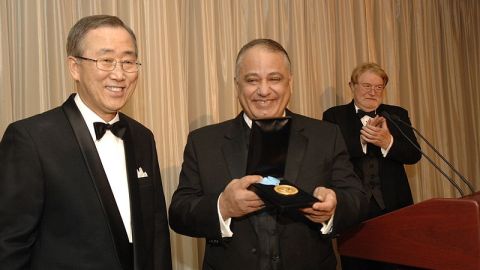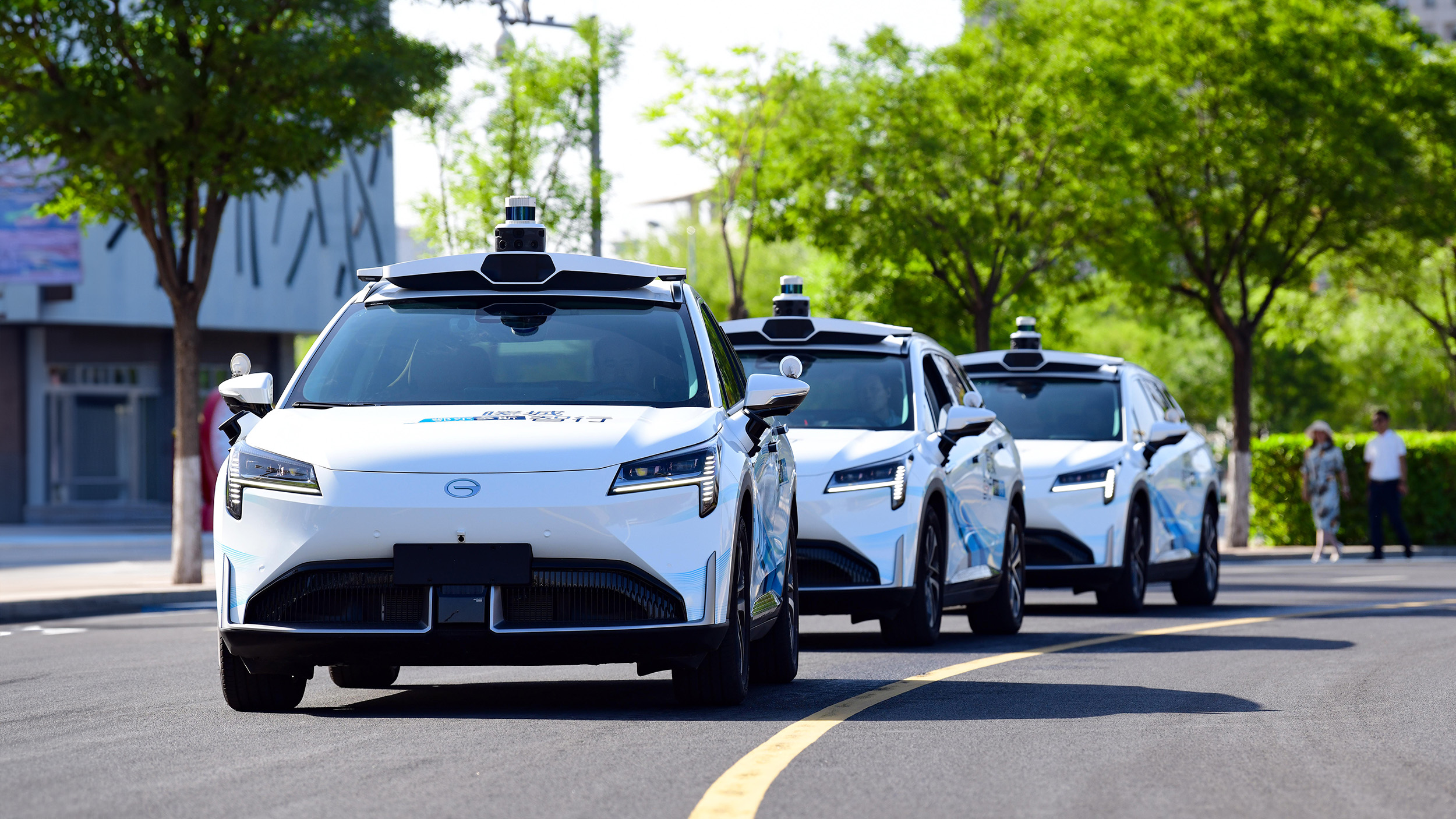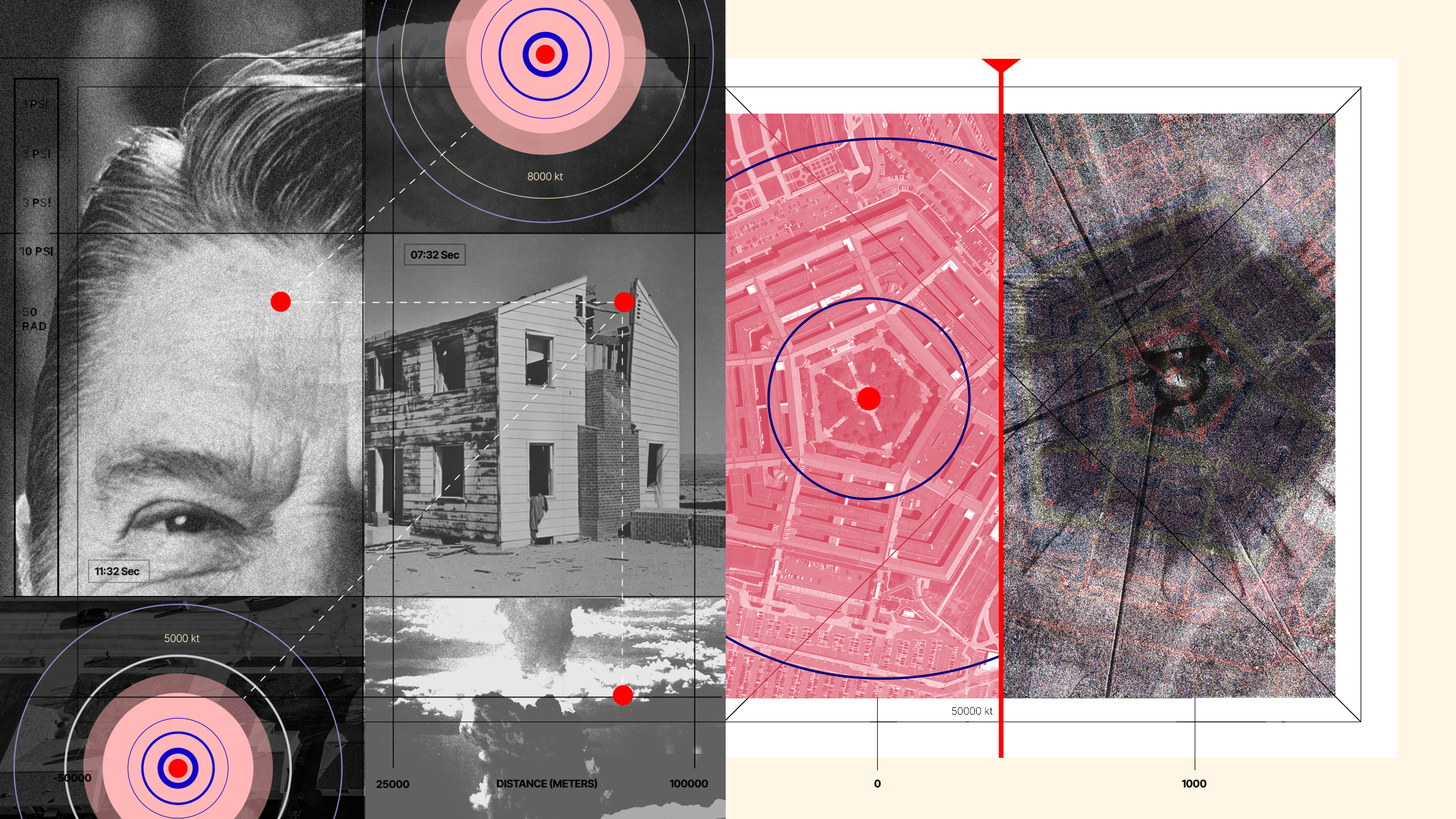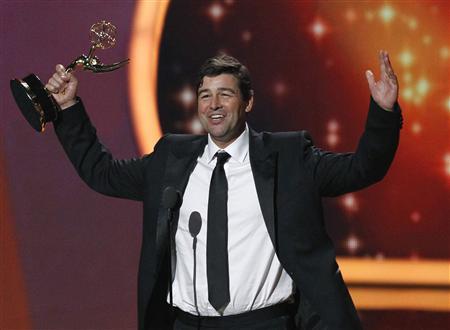A Man With A Mission: Ban Speaks To The World

Sir Brian Urquhart, one of the oldest surviving senior UN staff members, reminded us recently in an article in the New York Times that a former Secretary General of the UN, Dag Hammarskjold, had once said; “The United Nations was not created to bring us heaven, but to save us from hell”. Those wise words ring down the years on this the fiftieth anniversary of his death. Hammarskjold was en route to peace negotiations in the war torn Congolese Province of Katanga, when his plane went down over Ndola in what was then Northern Rhodesia, now Zambia, killing him and fifteen others.
Hammarskjold remains a totemic figure, a benchmark against which his successors are frequently compared. His has undoubtedly been a hard act to follow, but if he is looking down from somewhere high in the clouds, blue helmet still resting by his side, he would no doubt see many of the problems the UN wrestled with then, still festering and unresolved. In particular he would see that fifty years on the apparent curse that is the Democratic Republic of Congo’s huge mineral wealth means that there is still terrible conflict and suffering in this part of Africa. But he could also see that there has been steady and quantifiable improvement in so much else, and that the organisation he helped shape and build is today in good hands.
Today another diplomat, who in common with Hammarskjöld has not been identified with particularly strong political views, will stand where other Secretary Generals have in front of the World’s Parliament, the United Nations General Assembly. Ban ki moon, the cerebral and unflappable Secretary General of the UN is about to embark on his second five year term in office. He does so at a time when the World is reeling from an added woe that affects every member state, rich or poor, although the poor proportionately more. The global economic downturn affects virtually everything and everyone. The global feeling of insecurity and in many places fear, adds to the pressure of conflict and exposes women and children to potentially more suffering. Ban’s address to the UN also takes place as the Middle East in particular is convulsed by change and World opinion galvanised by the Palestinian push for statehood and international recognition. In this, the World is crying out for clear, moral leadership, because in so many countries the choice of political leadership is so palpably weak.
Ban ki moon will most likely present a calm and reassuring message to a global audience which is in the mood to be receptive. When he talks, as he will, about helping nations in transition, he will be able to point to hard and fast examples of where the UN has really made a difference, from Libya to Cote D’Ivoire. When he speaks about the need for security and peace, he can point to the powerful record of the UN’s peacekeeping operations from Haiti to the Golan Heights. When he talks about the need for “more UN reform”, those in the organisation will know that while turning a large ship around can take time, the UN is in better shape that it was five years back. Everyone seeking high office for genuine reasons seeks to leave an organisation in a better shape when he or she found it.
I hope that Ban ki moon will also talk about the role he has played in enforcing ‘Responsibility to Protect’ and the growing importance of the International Criminal Court. Without Ban’s leadership, UN Security Council Resolution 1973 may have foundered, and the hundreds of thousands of civilians who for a while lay quaking with fear in Benghazi, Libya could well have become targets for Gaddafi’s retribution. I hope too, that Ban will receive not just credit, but serious international support for the actions that will need to be taken against regimes such as that of Syria and Yemen that continue behave with utter impunity towards their own people. Week after week, often when attention was elsewhere, Ban has continued to shine the spotlight on the Assad regime in Syria.
Ban’s overarching theme will be “together, nothing is impossible”. This is not hyperbole, but practical commonsense born out of the United Nation’s collectivism. The UN may sometimes be slow, sometimes it may disappoint on other occasions it may seem to lack teeth. All these deficiencies can largely be laid at the door of an organisation which is bluntly a sum of all its parts – a glorious international melting pot of sovereign nations, at its best when they are working with each other. When Ban says “together nothing is impossible”, perhaps he will be referring to the international effort now desperately needed in famine stricken Somalia? Perhaps he will mean that the Israeli/Palestinian conflict is not insuperable if this maxim is followed? Or maybe it could be applied to conflict wherever it is taking place. For sure, every single delegate present, and every single person watching and listening will be able to take that phrase and apply it to a situation known to them.
In a World craving real moral leadership, honesty and integrity, Ban ki moon stands out. Throughout his first term he has given every impression of listening and learning. His humility throughout, a rare virtue. I shall be watching and listening as Ban ki moon speaks to the World and hope that those who really have the power to make a difference take note of every word he says.
And act on it.





